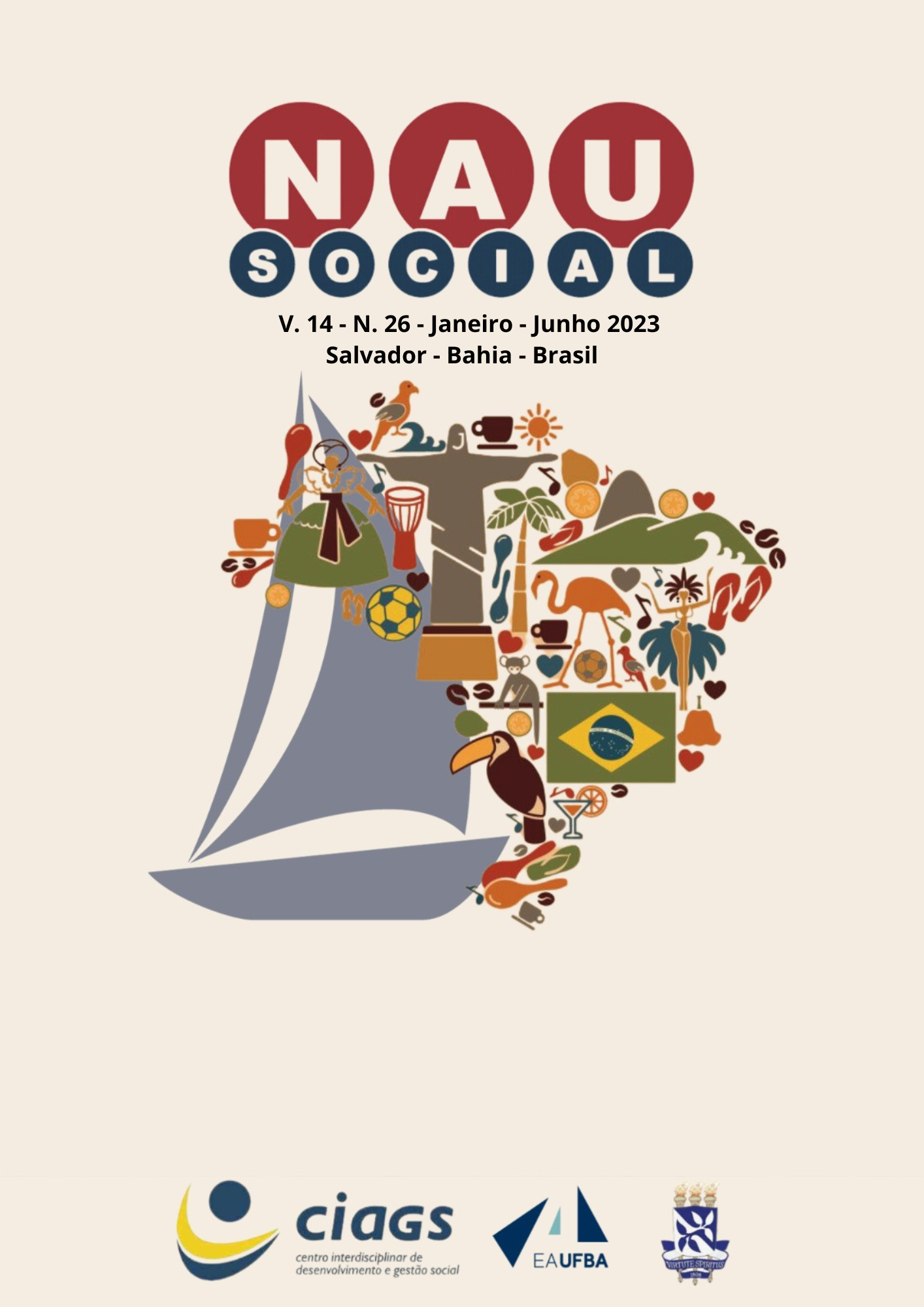The Political Economy of Evaluation:
critical views on the field in Latin America and Brazil
DOI:
https://doi.org/10.9771/ns.v14i26.56402Abstract
The article problematizes the field of evaluation and deepens a discussion on the political economy of evaluation. Refuting a state-centric view, evaluating is an act linked to the set of actions that give meaning to the State and the public arena, permeated by different actors and agendas. By understanding evaluation as a diffuse field where different institutional actors and subjects act, interact, and make choices, the evaluative process is a process that highlights different visions, agendas, interests, and perceptions. Evaluation is a process that articulates this set of elements where technique or method is just one of the dimensions and reflects concepts that can be more or less hegemonic. By dialoguing with references that give centrality to inequalities, diversities, contexts, and the local wisdom of people, in territories – the target of policies, citizens, and citizens – the article stresses the complex field of evaluation in Latin America and Brazil.
Downloads
Published
How to Cite
Issue
Section
License

This work is licensed under a Creative Commons Attribution-NonCommercial 4.0 International License.





